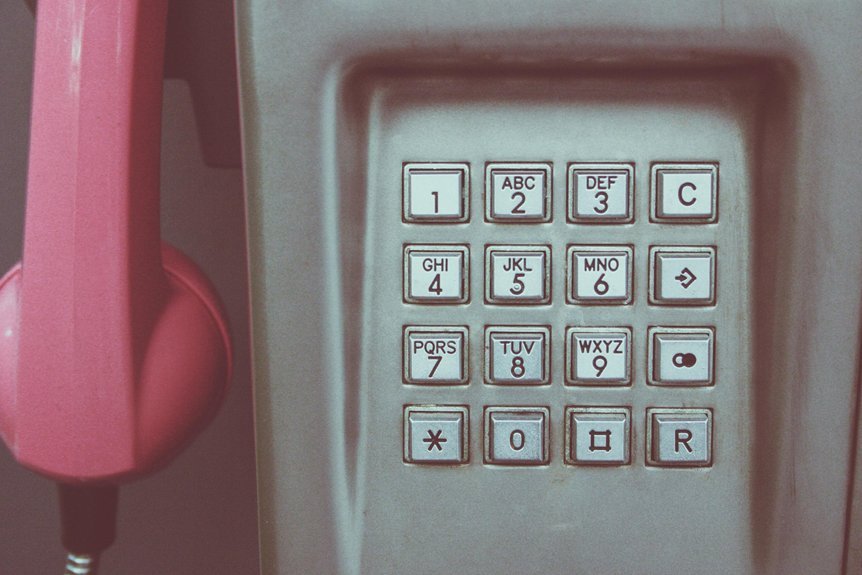Blockchain technology represents a significant advancement in establishing digital trust. Its decentralized structure and use of cryptographic techniques offer a secure framework for transactions. By eliminating the need for intermediaries, it allows for independent verification of data. This autonomy shifts power dynamics, placing control in the hands of users. However, the implications of this shift extend far beyond mere transactions, prompting a deeper examination of trust in the digital age.
Understanding Blockchain Technology
Blockchain technology represents a decentralized digital ledger system that enables secure and transparent record-keeping across multiple nodes.
Understanding blockchain fundamentals reveals its inherent advantages, such as immutability and distributed consensus.
Decentralized networks eliminate the need for intermediaries, fostering autonomy and empowering users.
This innovative architecture promotes trust in digital interactions, aligning with the values of an audience pursuing freedom from centralized control.
How Blockchain Enhances Security and Transparency
The architecture of blockchain technology fundamentally enhances security and transparency by employing cryptographic techniques and decentralized consensus mechanisms.
This structure ensures robust blockchain security, as data is immutable and tamper-resistant.
Moreover, transaction transparency is achieved through public ledgers, allowing all participants to verify and audit transactions independently.
Consequently, stakeholders can engage in digital interactions with increased trust and reduced risk of fraud.
See also: Why Blockchain Is Revolutionizing the Music Industry
Real-World Applications of Blockchain in Building Trust
Although numerous technologies aim to establish trust in digital interactions, real-world applications of blockchain have emerged as particularly effective solutions.
In supply chain management, blockchain enhances transparency by providing immutable records of product provenance.
Additionally, in identity verification, blockchain enables secure, decentralized storage of personal data, reducing fraud risk and empowering individuals with control over their identities in a digital landscape increasingly reliant on trust.
The Future of Digital Trust With Blockchain Solutions
As digital interactions continue to evolve, the integration of blockchain solutions is poised to redefine the landscape of digital trust.
Decentralized identity systems empower individuals by granting control over personal data, while smart contracts automate trust in transactions, reducing reliance on intermediaries.
This synergistic approach fosters transparency, enhances security, and ultimately cultivates a more liberated digital environment, aligning with the aspirations of freedom-seeking users.
Conclusion
In conclusion, blockchain’s transformative technology fosters a foundation for fortified digital trust through its decentralized design and immutable integrity. By promoting transparency and security, it paves the path for a promising partnership between users and systems. As digital landscapes evolve, the persistent power of blockchain will likely cultivate a culture of confidence, ensuring that stakeholders can securely share and verify information. Thus, the future of digital trust rests on the resilient shoulders of blockchain innovation.

















